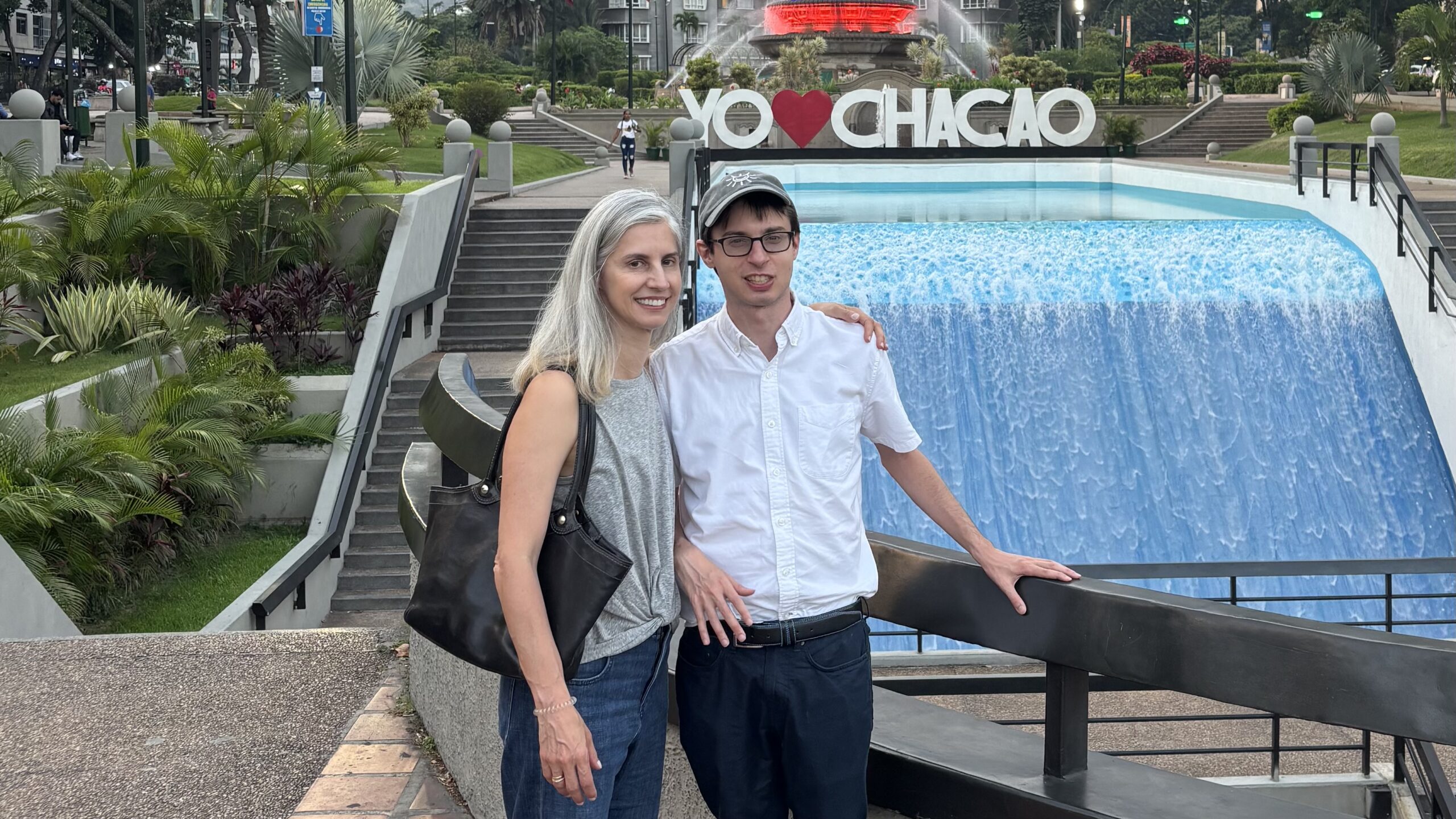
My son Diego, who’s autistic and intellectually disabled, was 31 when I heard him engage in his best phone exchange ever.
“Diego, I think you need to get a haircut this week,” I said to him one Monday morning as we planned for the week. “Why don’t I call the barber to make an appointment?”
“I’ll do it. I’ll do it,” he offered.
He looked for the barber’s contact on his cell phone and called.
“Hi. I need an appointment for a haircut.” Pause. “On Thursday, 3:00 pm.” Pause.“With Giuseppe Junior.” Pause. “Thank you. Bye.”
As I praised Diego for his amazing appointment-making skills, it hit me that only mothers of disabled adults get to experience this kind of sweet appreciation for their grown children’s small triumphs. More shocking, however, was realizing how drastically my outlook on Diego had changed: rather than bemoaning being in the company of these mothers, I was perfectly happy, even proud, to be one of them.
It turned out I was not as enlightened as this small epiphany might suggest.
Two months later, when Diego needed a new haircut and called to make the appointment, I wanted (indeed expected!) to be wowed again.
“Needappointment Giuseppejunior tomorrow Diegorabellino,” he said, his speech fast, flat and slurred. Unless you knew what he was saying, it was hard to make out the words.
“Diego, you gotta slow down and speak up, so people can understand what you’re saying,” I said, frustrated.
“I’ll call again, I’ll call again,” he said.
Although his second attempt went a bit better, I couldn’t let it go. I again told him he was speaking a little too fast and that it was hard to hear him.
Unlike the day of the underwear incident chronicled here, I wasn’t exasperated or mean. But I was sad, forgetting that progress is not linear and that my son wants nothing more than to please me.
Once again, I needed to practice self-forgiveness and move on. Once again, I was struck by my foolish attachment to expectations for my son. Who even said that doing something well one day means you’ll do it well every time thereafter?
Diego, for his part, never monitors my performance. The most he will do is rarely say, “I don’t like it that people take so long” when, in his estimation, I’m taking too long to do whatever it is he’d like me to.
It’s not Diego’s flawless scheduling that makes him special, but the generous quality of his love.

